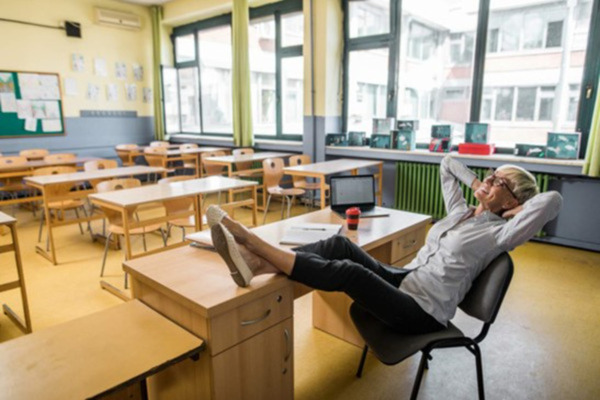
This course will introduce participants to the process of mentoring a new teacher. The participant will also review the four key themes of an effective classroom as defined by The Framework for Teaching Clusters © The Danielson Group, Inc.. Additionally, the participant will apply the learning by developing their plan for the initial conversation with their mentee. Read more

This course will continue building the participant’s understanding of the process of mentoring a new teacher and give a detailed explanation of the mentoring cycle. The participant will also review the four key themes of an effective classroom as defined by the InTASC Model Core Teaching Standards. The participant will be taken through the phases of the mentoring cycle and given tools for diagnosing mentees’ needs, planning for interventions, setting new goals, and reflecting on the mentoring process. Finally, the participant will apply the learning by completing the first mentoring cycle with their mentee. Read more

Professional Learning Educator Burnout Prevention In this course, participants will explore the realities of educator burnout, its impact on well-being, and practical strategies to prevent or overcome it. Burnout affects not only individual teachers but also colleagues, students, and the broader learning environment. Through research-based strategy and reflective practice, you will examine early warning signs, build resilience, and learn to develop supportive systems that help sustain a fulfilling, purpose-driven teaching career. Read more

Professional Learning Educator Burnout Prevention In this course, participants will explore the realities of educator burnout, its impact on well-being, and practical strategies to prevent or overcome it. Burnout affects not only individual teachers but also colleagues, students, and the broader learning environment. Through research-based strategy and reflective practice, you will examine early warning signs, build resilience, and learn to develop supportive systems that help sustain a fulfilling, purpose-driven teaching career. Read more

An advocacy perspective requires educators to believe that with adequate support, multilingual learners (MLs) can achieve at the same level as their non-ML peers. Advocates also believe that educators have a shared sense of responsibility for the academic achievement of MLs. For educators to approach MLs’ instruction from an advocacy perspective, they must understand the needs and key areas for ML advocacy, as well as understand the tools and strategies that can support advocacy efforts. Read more

In this module, educators will explore opportunities to increase family and community involvement with multilingual learners(ML) by understanding the five steps of advocacy leading to the implementation of a multilingual learner family workshop. Read more
Shopping Cart
Your cart is empty
